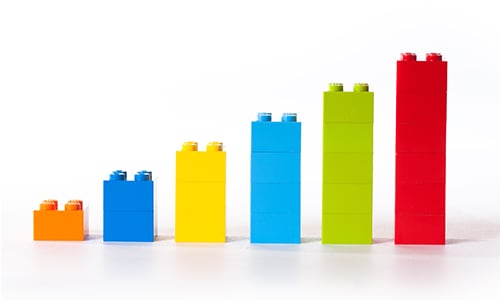How much do I benefit from compound interest?
Many refer to compounding interest as the eighth wonder of the world.

What is compound interest?
Compound interest may be calculated on a deposit. It places the interest earned back into the account so that additional interest may be earned. [1] Or, more simply put, compound interest is interest earned on interest. Depending on the frequency schedule of the account, you can earn interest daily, monthly, or yearly.
There is greater compound interest when there are more compounding periods. Imagine it as a snowball, and every time any money gets added to it, it will have greater size. Now, you were able to push the snowball down a hill covered in snow, so the snow you already packed stays, and you will always accumulate more snow. You eventually reach the bottom of the hill with the snowball, and the snow on top of it, plus even more snow.
As a result, the interest-on-interest effect will generate progressively greater returns based on the initial investment amount. Therefore, the more often you invest, and the larger the amount you save, the greater the returns. We call this the “miracle of compound interest.”
What’s important about compound interest?
Compound interest allows your wealth to grow faster, because it multiplies the return on your investment in every compounding period. This means that you don’t have to put as much money away to achieve your goals!
You’ll earn a lot more money in compound interest the earlier you open an interest-bearing account and start accumulating money. Furthermore, it is essential to help mitigate wealth-eroding factors such as the rising cost of living, inflation, and the loss of purchasing power.
Calculating compound interest:
To calculate compound interest, multiply the initial principal by one plus the interest rate multiplied by the number of compound periods minus one. The number of compounding periods makes a significant difference when calculating compound interest. The higher the number of compounding periods, the greater the compound interest.
Make it easy - use this calculator to calculate compound interest!
Be sure to consult with your tax advisor or financial advisor on the best way for you to get started. As always, we are here to help! Contact us or visit your local Jefferson Bank branch with any questions.
Sources:
[1] Compound Interest, Investopedia
